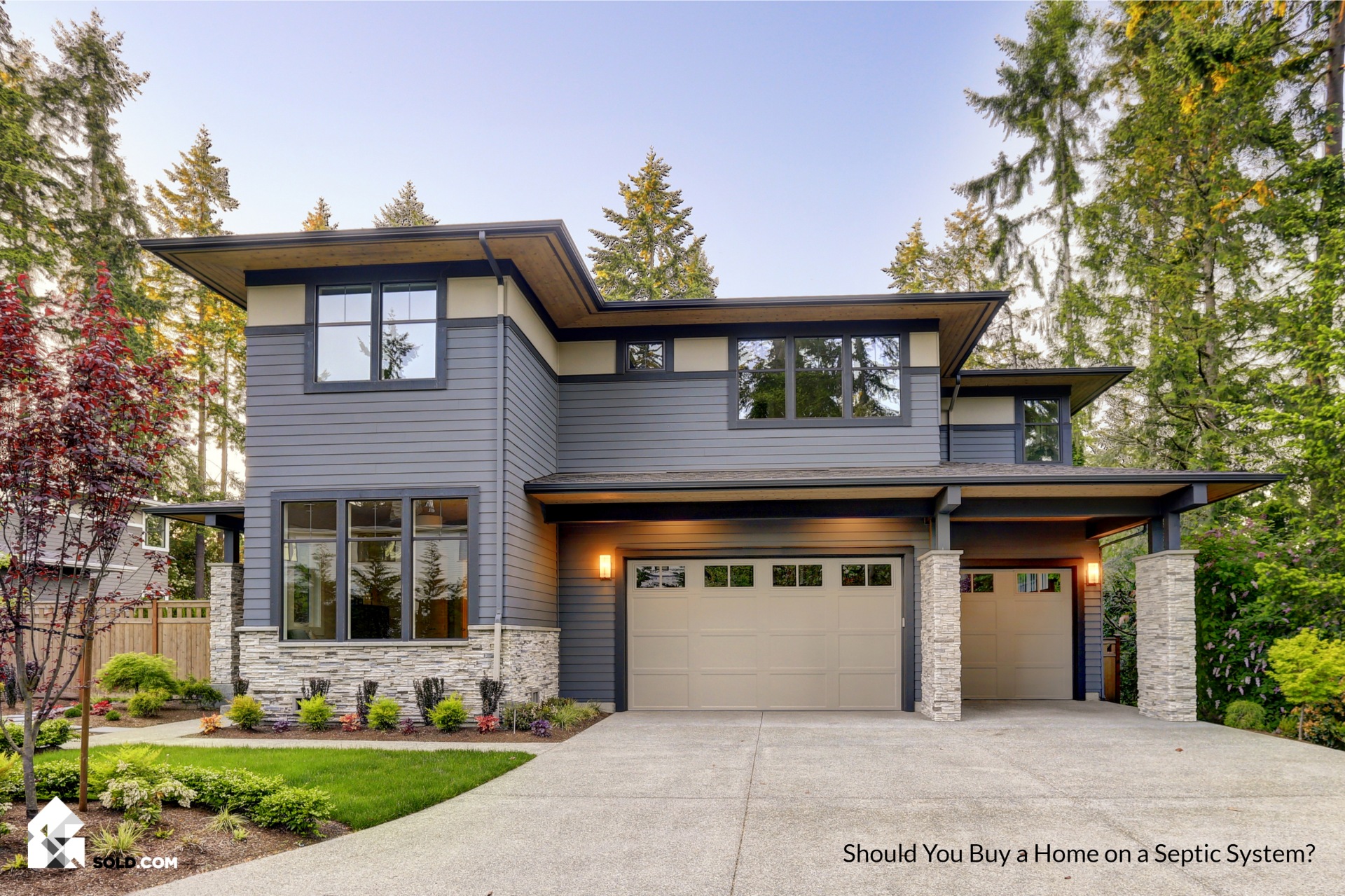
If you’ve never before lived on a septic system, the very thought of it can seem a little daunting.
After all, when you’re on city sewer/wastewater, it’s comforting to think that the municipalities have everything under control; that there’s someone you can call if you ever have a problem, and usually a pretty quick fix.
When you have a septic tank, though, all maintenance and upkeep is on you. If there’s a problem, it’s up to you to address it. And problems are more than possible: While septic issues aren’t necessarily common, they aren’t unheard of, either.
But before you throw in the towel on your home outside city limits, take a moment to consider that there are both pros and cons to living on a septic. It may turn out to be a venture you’re willing to take.
Here’s our quick rundown.
Why should you buy a house with a septic tank?What are the Benefits of Living on a Septic System?
- The septic tank services your home, and your home alone. The first advantage to life on a septic tank is that it really is yours. The septic system handles the waste of you and anyone else living in your household, but that’s it. You don’t have to depend on the city government or utility department to do anything for you.
- You won’t have to pay wastewater fees. Generally speaking, if you live on a septic, you don’t have to pay the wastewater fees that come with the sewer system. This can significantly whittle down your utility bills; indeed, the wastewater fees are often higher than the actual water bill! Just note that there may be a few exceptions to this. If you live in the city and choose a septic over sewer, you may not be able to exempt yourself from the fees.
- Septic systems last a long time. Concerned that your entire septic system is going to go bad and leave you in need of a replacement? It’s not impossible, but it is fairly unlikely. Septic systems are made to last for many decades with minimal upkeep required. The odds of needing to replace one aren’t zero, but they are pretty low.
- Maintenance needs are infrequent. Depending on the size of your family, you may need to pump your septic once every one to three years, but that’s pretty much all there is to it.
These are some reasons why it might actually be nice to live in a house on a septic system. Before you make up your mind, though, let’s take a quick look at the list of cons.
Why should you never buy a house with a septic tank? What are the Disadvantages of Living on a Septic System?
- Maintenance problems can be disastrous. If you do have a septic system that goes too long without being flushed out, and if it becomes too full, you could have sewage backing up into your home. This is exactly as horrifying and disgusting as it sounds. There may also be problems if tree roots or other things get into the septic tank lines.
- You have to be very careful about what you flush. The septic system is for liquids and human waste, as well as toilet paper… and that’s pretty much it. If you (or your children!) flush illicit items down the toilet, it could really cause a problem and clog the septic tank.
- Cost. Flushing the septic system isn’t really a DIY task. When it does come time for maintenance, you’ll need to outsource it to a professional who has all the right equipment. This won’t necessarily break the bank, but it is an expense you’ll need to account for; depending on the size of your tank, it may be anywhere from $100 to $300. Septic systems require regular maintenance and pumping, which can be costly. Additionally, if repairs or replacement are needed, the costs can be substantial.
- Limited expansion. If you plan to expand your home or add an addition, a septic system may not be able to accommodate the increased waste water. Septic systems are designed to handle a specific amount of waste water, and if the system is already at capacity, it may not be able to handle the additional waste water from an expansion.
- Regulations. Some areas have strict regulations regarding septic systems, which may limit the use or expansion of the property. For example, in some areas, septic systems must be replaced or upgraded every so many years, or they may not be allowed within a certain distance of a water source. These regulations can be costly and time-consuming to comply with, and may limit the potential of the property.
- Environmental concerns. Septic systems can be a source of pollution if not maintained properly. If the system is not functioning properly, it can leak pollutants into the ground and nearby water sources, which can be harmful to human health and the environment.
None of these points listed above are deal breakers, per se, but you should definitely keep them in mind. Ultimately, buying a home on a septic system is a big decision, and not one to make lightly.
Learn More About Selling Your House
Meanwhile, if you’ve got a home you’re trying to sell (with or without a septic system!), we hope you’ll claim your SOLD.com report. In it, you’ll get individualized recommendations for how to achieve all your real estate goals.
The report is free, and includes advice from independent, unbiased professionals. If you’re ready to get your place sold, take a minute to sign up for your report today!

